BUYING A HOME IS A BIG DECISION…
It may be the single most expensive asset most people acquire in their lifetime. The more prepared you are at the beginning, the less overwhelming and chaotic the buying process will be. From the initial planning to selecting the home that’s right for you there are many steps throughout this purchase, and I am here to assist you with those steps and prepare you for the home buying experience. I want you to be completely satisfied in the end and call Michael Vargas, Your Realtor for Life! Now let’s get started! So many buyers want to know what does a Buyer’s Agent do and should I use one to purchase Real Estate?
Here are some interesting points for you to review:
A buyer’s agent represents the consumer who is purchasing the property in the real estate transaction, not the seller. The buyer’s agent works directly for the buyer and has their client’s best interests in mind throughout the entire real estate transaction. It doesn’t cost you any money to have representation for your transaction, I am compensated by the seller. As a consumer, how often do you buy real estate? Once, twice, three times in your lifetime? Purchasing real estate is a complex transaction with many details to be handled. In the majority of cases the seller will be represented. Wouldn’t you want to have complete and fair representation in the real estate transaction?
1) SELECTING A LENDER & THE LOAN PROCESS
The loan process is the tedious part of the purchase. I will suggest a few lenders that may be of service to you or you are free to select one of your own, but this process needs to be done first before we proceed. It is crucial for you, as a buyer, to understand what you can qualify for as far as a mortgage payment. I want you to know exactly how much you can qualify for and that you are comfortable with the amount of that payment before we find a house that you love and only to find out it is not in your comfortable payment limit. The lender will request such information as paycheck stubs, most recent bank statements, W-2’s, and other copies of your personal information. Once they have received this information and can pull your credit report, they will be able to give us an accurate amount you can qualify for. This is like cash in hand to a seller! It shows them your loan is in process and that you are a qualified and serious buyer!
In the case you have some dings in your credit, the lenders will assist you with cleaning that up too. You will be working closely with your lender throughout the process, so make sure you select someone you feel comfortable asking questions to and discussing details with.
Need a mortgage lender? Call Claudia Mostaghasi with Homesource Mortgage, Claudia and her team will take great care of you. (361) 334-8370
2) FEES TO EXPECT
When purchasing a home you will have certain fees that you will pay out of pocket that the seller is unable to pay for on your behalf. Those fees include:
- Home Inspection ($270-$300)
- Hydrostatic Test ($85-$125)
- Appraisal Fee ($400-$500)
- Termite Inspection – WDI ($60-$90)
3) HOME SEARCH
This is the step where we physically start the previewing process after we meet for a buyer’s consultation so I can find out your criteria. Then, I will schedule the appointments for us to look at the properties that are of interest to you.
4) HOMEWORK
This is where we have found a home that you have great interest in and now it is time for us to do our research. I will provide you with comparables in the neighborhood and/or surrounding areas. This will show you what things are selling for and hopefully give you an idea of where you want to start with your offer. This would also be the time to research the area schools or maybe request information from the seller for questions/concerns on the property disclosure, etc.
5) MAKING AN OFFER & EARNEST MONEY
Entering into a written agreement, which starts with your written proposal. This proposal not only specifies price, but also the terms and conditions of the purchase. The starting point and ending point of every buying agreement is the initial and final offer. I will provide one of the most valuable services during this phase. I will have a variety of standard forms along with the Purchase and Sale Agreement that are kept up to date with the changing laws, and these forms offer protection for you, the buyer and covers the questions that need to be answered during the process.
Earnest money is a deposit that must accompany your offer when it is presented to the listing agent. This money is held until all parties have reached an agreement and the offer becomes a contract. The earnest money will be deposited at that time! This check cannot be post dated, held nor can any offer be presented without some amount of consideration. At the closing, this earnest money deposit will be credited back to you as part of your down payment or closing cost.
6) NEGOTIATING PROCESS
This is the process that follows once you have sat down and written your offer with me on your choice of property. I will deliver the offer to the listing agent, who is representing the seller. The agent and the sellers will discuss our offer and may either accept, counter or reject our offer. If they decide to counter (or change our offer in anyway) our offer, this is known as the negotiating period. This can go back and forth until we have reached the happy medium for all parties. Once that is done, and everyone has signed off on the final contract, we have a legal binding document called a contract!
7) INSPECTION / APPRAISAL
This phase will start once we have finalized your contract. You have the option (and we encourage you to do this step) to have the home inspected. You will hire a third party individual to come in and inspect the house from top to bottom. This will need to be paid for out of your pocket at the time of the inspection. This will ensure you that the home is in a condition you can live with and there aren’t any major defects in it. After the inspection is done, the inspector will provide you with a copy of the report for your review. You will be able to make a list of the repairs you want taken care of prior to the closing at the seller’s expense.
The appraisal is completed by a third party individual that is hired by your lender to do a report that ensures you, as well as, the lender that your home is worth what you are paying for it. This fee will be included in your closing cost figures, provided by the lender.
8) PREPARING TO MOVE
This phase will get you on the phone! You will be responsible for choosing a Homeowner’s Insurance Company to handle your needs for your new home. Once you have selected that company and the agent, please contact your lender with that information, including their telephone number. Also, you will need to start contacting the local utility companies to have the services transferred into your name on the date you are scheduled to take possession! Begin to pack, but please make sure you keep any important forms you would need prior to moving handy.
9) CLOSING
The day on which the property actually changes possession on paper is called the closing. This is not necessarily the day you will be able to take possession. Most of the time, the seller will request a short time frame to move from this property after it closes. Especially if they are doing another closing of their own on this same day, they will need to receive the proceeds from the sale of this home, before they can purchase their new one and then move! So be prepared to take possession a few days after we close, however, keep in mind this is also a negotiating factor that will be worked out in the contract.
If you are responsible for bringing monies to the closing, that amount of money will need to come in the form of a bank wire or cashier check. No personal checks will be accepted. Also, that check will need to be made payable to the Title Company that is performing the closing!
* HOMEBUYER DO’S & DON’TS *
| Recommended DO’S: | Recommended DON’TS: |
|---|---|
| DO continue to make payments on time for current mortgages, cars, credit cards, etc. | DO NOT increase credit card balances and/or loan balances. |
| DO paper trail, document, and explain any large or unusual deposits or withdrawals into accounts (checking, savings, stock, etc.). | DO NOT apply for additional or new credit or put balances on a paid credit card. |
| DO keep pay stubs, bank statements, tax forms, etc., in case the lender needs to update the documentation prior to closing. | DO NOT ignore late payment and/or collection notices that are received during the mortgage process. |
| DO ask questions if something is unclear about the loan program, fees, and/or loan conditions. | DO NOT purchase anything that is “same as cash” — it will show on the credit report as a new debt. |
| DO let the loan officer or mortgage broker know if anything changes. For example; employment, income, assets, credit history, etc. | DO NOT buy furniture, cars, or appliances on credit until after closing. |
| DO document that the earnest money deposit has cleared your account — obtain a copy of the cancelled check and/or the statement that reflects the funds have cleared. | DO NOT lend money to family members, friends, etc. if it is needed for closing. |
| DO lock-in the interest rate, have insurance agent info available and provide updated documentation (pay stubs, bank statements, etc.) in a timely manner as not to delay the closing. | DO NOT store money at home, place it in a bank account so it can be documented as savings throughout the loan process and can qualify as assets on hand. |
| DO NOT have overdrafts on a checking account. | |
| DO NOT quit or change jobs during the loan process. |
If you’re ready to make the next move in buying a home, contact Michael Vargas today by sending him a message or calling at 361.249.4982. We look forward to working with you!




